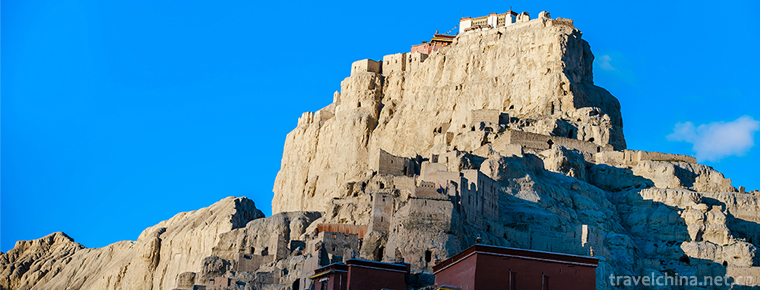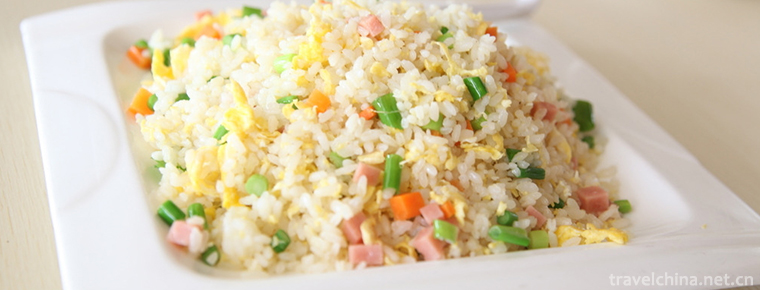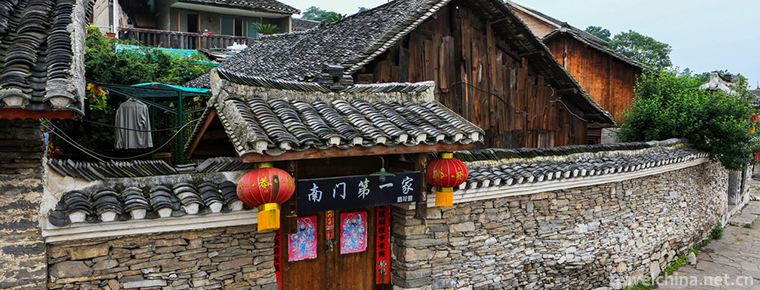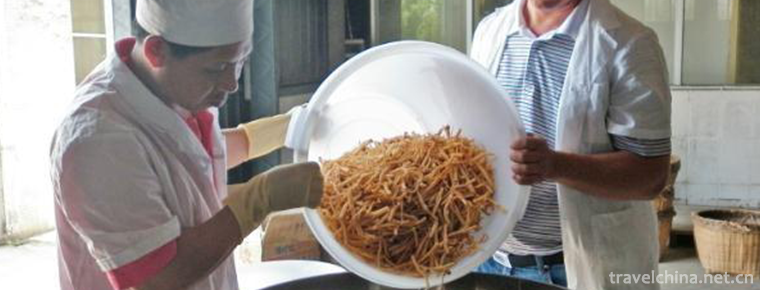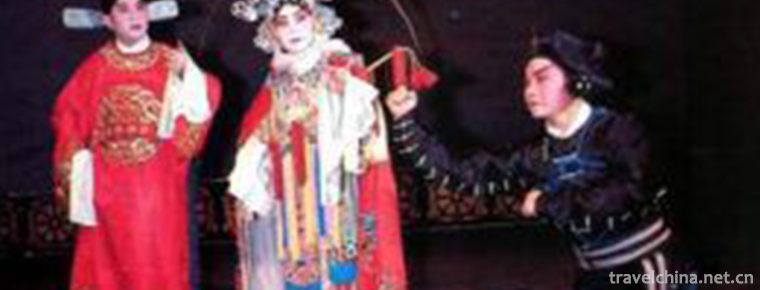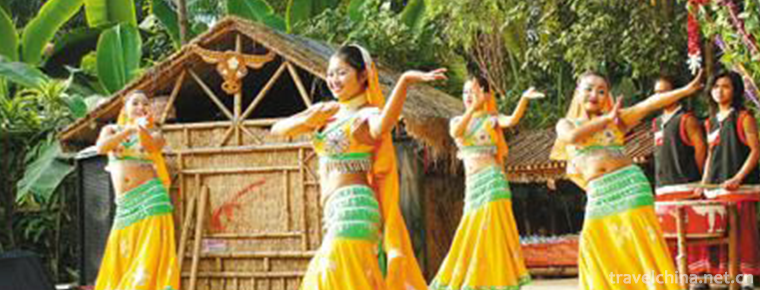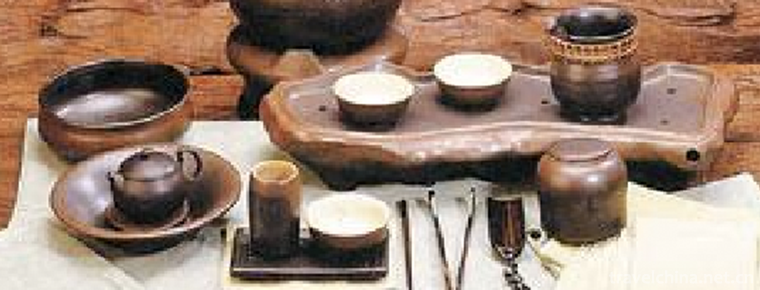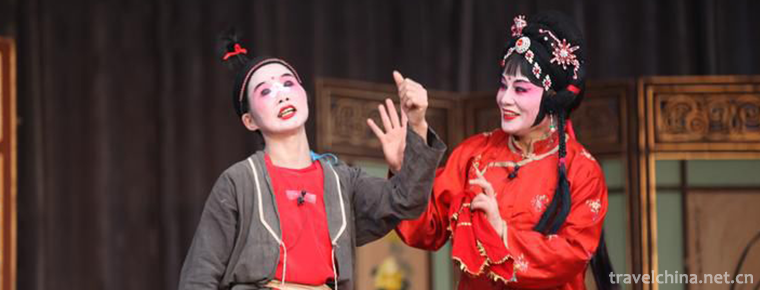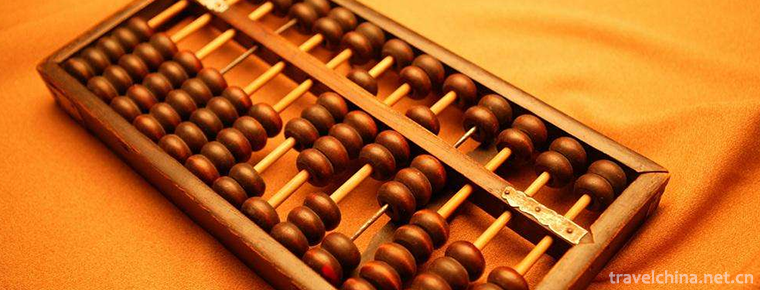Sichuan Tourism University
Sichuan Tourism University
Sichuan Tourism College is the first independent tourism undergraduate college in China. In 2018, it was approved by the Overseas Chinese Office of the State Council as the base of "Overseas Chinese Benefit Project - Chinese Food Prosperity Plan". As a pilot University of overall transformation and development reform of Sichuan undergraduate colleges and universities, the school adheres to the concept of "application-oriented, characteristic and open-ended", constantly deepens educational reform, inherits China's excellent culinary tourism culture, and cultivates applied talents adapted to social and economic development and the modernization of culinary tourism.
The main campus of the school is located at 459 Hongling Road, Longquanyi District, Chengdu City, Sichuan Province, covering an area of 637 mu. The campus has been built into a national AAA tourist attraction with elegant environment and pleasant scenery. The school has a track and field stadium, rock climbing stadium, comprehensive training hall for leisure sports, basketball court, volleyball court, golf practice court, beach volleyball court, tennis court, badminton court, swimming pool and other leisure sports facilities.
The school is based on management and engineering, supported and coordinated by economics, literature, pedagogy, art, science and other disciplines, focusing on the construction of the discipline system of "big tourism". There are more than 9000 full-time students, 4000 correspondence students and 6000 self-taught students. There are 11 secondary schools, such as Cuisine College, Food College, Hilton Hotel Management College, Sports and Leisure College, Tourism and Culture Industry College, Economic Management College, Foreign Languages College, Information and Engineering College, Art College, Marxist College and Continuing Education College. There are 22 undergraduate majors in cooking and nutrition education, food science and engineering, Hotel management, leisure sports, tourism management, building electrical and intelligent, landscape architecture, business English, logistics engineering, and other specialties with Chinese and Western cuisine, Golf and other characteristics.
The school has set up cooperative innovation centers for Sichuan cuisine industrialization and internationalization in 2011, cooperative innovation centers for enhancing the competitiveness of Sichuan-Tibet tourism industry in 2011, Sichuan cuisine development research centers, European and American food culture research centers, food processing and testing experimental teaching demonstration centers, western tourism development research centers, leisure agriculture and rural tourism research centers. Provincial and school-level scientific research and teaching experimental institutions such as the Accounting Center, the National Institute of Vocational Skills Appraisal and the Institute of Higher Education.
The school library has 950,000 books and 600,000 e-books. It has 22 categories of literature resources in five major categories. In particular, it has a full range of specialized libraries such as cooking, Hotel management, tourism management, leisure and sports.
The school currently has 460 full-time teachers, including 72 professors and 195 associate professors. Among the teachers, there are two experts who enjoy special allowances from the State Council, one national May 1 Labor medal, three winners of Sichuan May 1 Labor medal, one Sichuan Youth May 4 medal, one national technical expert, four experts from the Teaching Steering Committee of the Ministry of Education, four famous teachers in Sichuan Province, three excellent teachers in Sichuan Province and China Cuisine University. There are 9 teachers, 23 famous Chinese cooks, 1 famous Sichuan cooks and 6 baking masters in China; 10 academic and technological leaders and backup candidates in Sichuan Province, 4 outstanding experts with outstanding contributions in Sichuan Province, 1 National Talent Engineering Expert for millions of people, 1 expert for Sichuan's "Thousand Persons Plan", and 1 rural tourism training and regulation in Sichuan Province. There are 8 planning experts, 4 young tourism experts in Sichuan Province, 2 high-level overseas students and 8 poverty alleviation experts in Sichuan Province. The school has one national excellent teaching team, five provincial excellent teaching teams, two national excellent courses and 19 provincial excellent courses. Teachers in schools have reasonable structure and excellent quality, and their teaching and research abilities have been widely praised by the society.
Insisting on the integration of industry and education, school-enterprise cooperation and internationalization, the school is one of the 100 Application-oriented Undergraduate Universities in the construction of the project of integration of industry and education. There are hundreds of high-quality Industry-Education integration enterprises in China, distributed in the Bohai Bay, Beijing-Tianjin-Tang, Yangtze River Delta, Pearl River Delta, Chengdu-Chongqing and other economically developed regions; in foreign countries, there are exchanges between Perugia University of Italy, Thai Chamber of Commerce University, Royal Xuandushi University of Thailand, Dukai Hotel Management College of France, Toulouse Hotel Management College, etc. Students, exchange students training, Bachelor's degree, Master's degree and other projects at the University of Edinburgh, UK. There are international cruise, Singapore, the United Arab Emirates, Qatar, Australia, the United States and other paid internship and employment projects overseas. The world famous Hilton Hotel Management Group has cooperated with our school to establish the second Hilton Hotel Management School in the world.
After years of construction and development, the school has made remarkable achievements in personnel training, scientific research, social services and cultural inheritance and innovation. Teachers and students gather wisdom and take responsibility bravely, strive hard to build the university into a distinctive and first-class application-oriented tourism undergraduate university, to build a well-off society in an all-round way, to satisfy people's yearning for a better life, food safety and high-quality tourism.
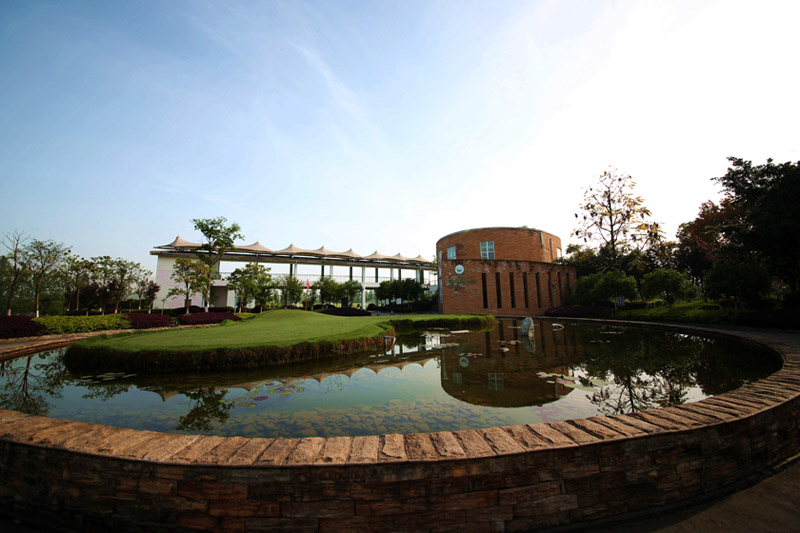
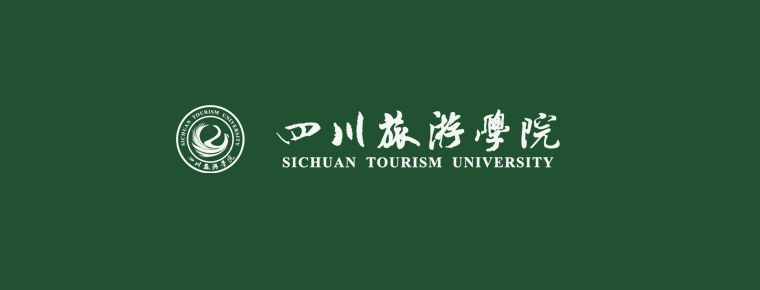
Sichuan Tourism University
-
Egg fried rice
Views: 256 Time 2018-10-27 -
Qingyan Ancient Town
Qingyan Ancient Town, one of the four ancient towns in Guizhou, is located in the southern suburb of Guiyang City. It was built in Hongwu ten years (1378) of Ming Dynasty
Views: 183 Time 2019-02-07 -
Traditional Brewing Techniques of Brewing Wine
Chrysanthemum wine is a necessary drink for Chongyang Festival. It has a long history of brewing. Royal chrysanthemum liquor of Ming and Qing Dynasties was a kind of precious liquor created on the bas
Views: 161 Time 2019-06-09 -
Qiyang minor
Qiyang in the north of Yongzhou is a kind of traditional opera widely spread. After a long period of evolution and development, it has formed a traditional folk art form with strong local color,
Views: 152 Time 2019-06-10 -
Qing Opera of Wa Nationality
The Wa Qing Opera belongs to the high-pitched system, with different roles for men and women. The roles are similar to those of Sheng, Dan, Jing and Wei. Use a dye called "Red Drug" to colou
Views: 150 Time 2019-06-25 -
Production Techniques of Oolong Tea
Oolong tea production technology is a local traditional handicraft in Anxi County, Fujian Province. Historically, during the reign of Yongzheng in Qing Dynasty (1723-1735), tea farmers in Anxi County
Views: 174 Time 2019-06-29 -
Awakening Drama
Yongkang Xinggan Opera, also known as "Jianggan Opera", is a traditional opera that serves religion. Mainly to persuade people to reflect, guide people to rectify, mainly in sacrificial occa
Views: 373 Time 2019-07-08 -
Calculation with an abacus
Liu Hong (129-210 A.D.), a character Zhuo, a descendant of Liu Xing, the king of Lu in the Eastern Han Dynasty, is an outstanding astronomer and mathematician in ancient China. He is the inventor of a
Views: 194 Time 2019-08-10 -
Huanglongxi ancient town
According to the annals of Renshou County, the ancient name of Huanglong river is Chishui. According to the annals of Renshou County, Chishui River confluences with Jinjiang River. The water is brown and the river is clear.
Views: 201 Time 2020-11-06 -
Explanation service of Chengdu Giant Panda Base
Chengdu Research Base of giant panda breeding has set up an explanation service station at the entrance to provide high-quality explanation service for tourists who have a better understanding of giant panda knowledge. At present, there are 11 full-time commentators in the
Views: 412 Time 2020-12-13 -
Mineral resources in Neijiang
Neijiang City is rich in mineral resources. Energy minerals mainly include coal, natural gas and oil shale; nonmetal and building materials minerals include limestone, sandstone, shale, refractory clay, bauxite, marble, river sand, gravel and ceramic clay, etc.;
Views: 360 Time 2020-12-16
